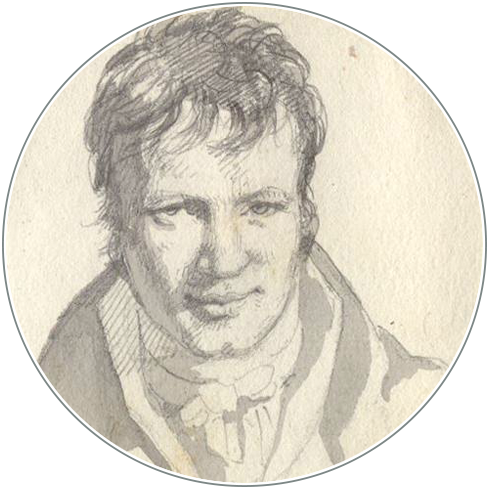Romantischer Empirismus im Anthropozän A. v. Humboldts und F. W. J. Schellings Ideen für die Environmental Humanities
DOI:
https://doi.org/10.18443/288Ключевые слова:
Naturphilosophie, Naturethik, Anthropozän, ökologische Krise, Mensch-Natur-Verhältnis, Ganzheit, Einheit, Natur, Kultur, DualismuskritikАннотация
Zusammenfassung
Im Anthropozän wird eine naturphilosophischethische Neubestimmung des vorherrschenden Mensch-Natur-Verhältnisses virulent. Die Interdependenz von Natur und Kultur ist mehr denn je offensichtlich und die durch den Menschen verursachte ökologische Krise samt Klimawandel und massivem Artensterben hat sich zur umfassenden Bedrohung auch für die menschliche Lebensform selbst ausgewachsen. In der letzten Dekade hat hierauf insbesondere das interdisziplinäre Forschungsfeld der Environmental Humanities reagiert. Im Sinne dieser Forschungsausrichtung werden der Naturforscher A. v. Humboldt und der Naturphilosoph F. W. J. Schelling beleuchtet und auf ihre Relevanz für die Auseinandersetzung mit aktuellen ökologischen Problemstellungen überprüft. Anleitend hierfür ist die Annahme, dass beide Wissenschaftler die Position eines romantischen Empirismus vertreten haben, der ideengebendes Potenzial für eine Revision des Mensch-Natur-Verhältnisses birgt.
Abstract
In the Anthropocene a redefinition of the prevalent human-nature relationship on the part of philosophy of nature and ethics becomes crucial. The interdependency of nature and culture is more than ever apparent and the man-made ecological crisis along with climate change and massive species extinction has turned into an encompassing threat, also for the human lifeform itself. In the last decade, the interdisciplinary research field Environmental Humanities has reacted particularly hereunto. Along the lines of this research direction, the natural scientist A. v. Humboldt and the natural philosopher F. W. J. Schelling get illuminated and examined concerning their relevance for an engagement with current ecological challenges. Instructive for this purpose is the assumption that both scientists represented the position of a romantic Empiricism which has idea generating potential for a revision of the human-nature relationship.
Resumen
En el antropoceno una redefinición desde la perspectiva de la filosofía natural y la ética de la relación actual entre hombre y naturaleza se vuelve crucial. La interdependencia entre naturaleza y cultura se ha vuelto más obvia que nunca. La crisis ecológica junto al cambio climático y la imensa extinción de especies, que mayormente fue causada por el ser humano, se ha convertido en un peligro universal para la humanidad. Dentro de la última década una reacción a esto sobre todo se encuentra en el campo de investigación interdisciplinario llamado Environmental Humanities. Esta disciplina se enfoca en el naturalista A. v. Humboldt y el filósofo natural F. W. J. Schelling e investiga su relevancia para el debate sobre las problemáticas ecológicas actuales. La suposición fundamental en este contexto es, que los dos científicos tomaron la posición del empirismo romántico, el cual puede resultar muy fructífero para una revisión de la relación entre hombre y naturaleza.

Загрузки
Опубликован
Как цитировать
Выпуск
Раздел
Лицензия
Copyright (c) 2020 Christina Pinsdorf

Это произведение доступно по лицензии Creative Commons «Attribution-NonCommercial» («Атрибуция — Некоммерческое использование») 4.0 Всемирная.
Die Rechte der eingesandten Artikel bleiben bei den Autoren und werden unter einer Creative Commons-Lizenz (CC BY-NC 4.0) veröffentlicht. Alle bei HiN publizierenden Autorinnen und Autoren akzeptieren dieses Lizenzmodell.
Die Autorinnen und Autoren tragen die Verantwortung für das Einwerben der Bildrechte.
Die Rechte am Layout und Design der Zeitschrift sind nicht übertragbar und können nicht ohne vorherige Zustimmung von HiN in anderen Publikationen weiterverwendet werden.









